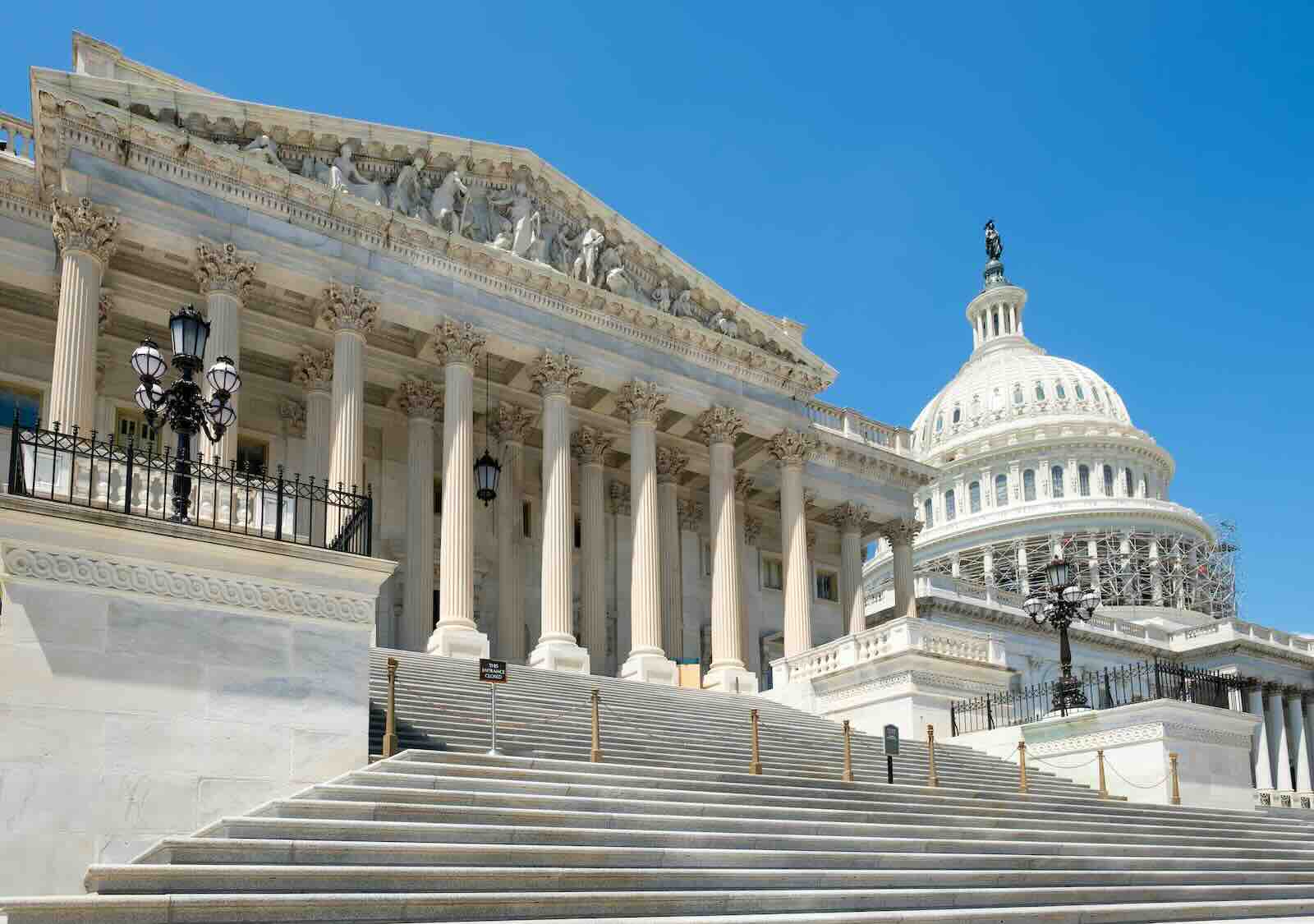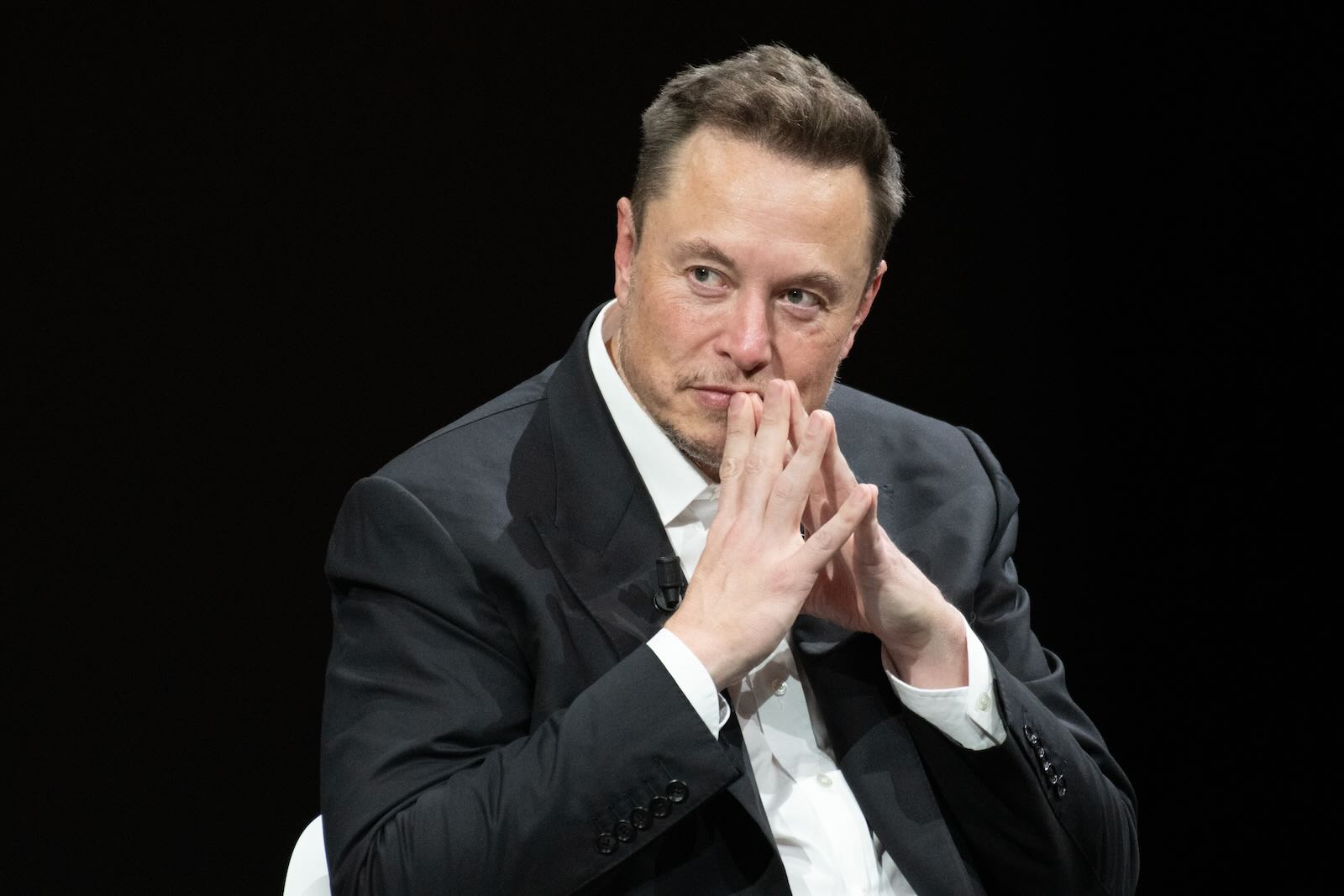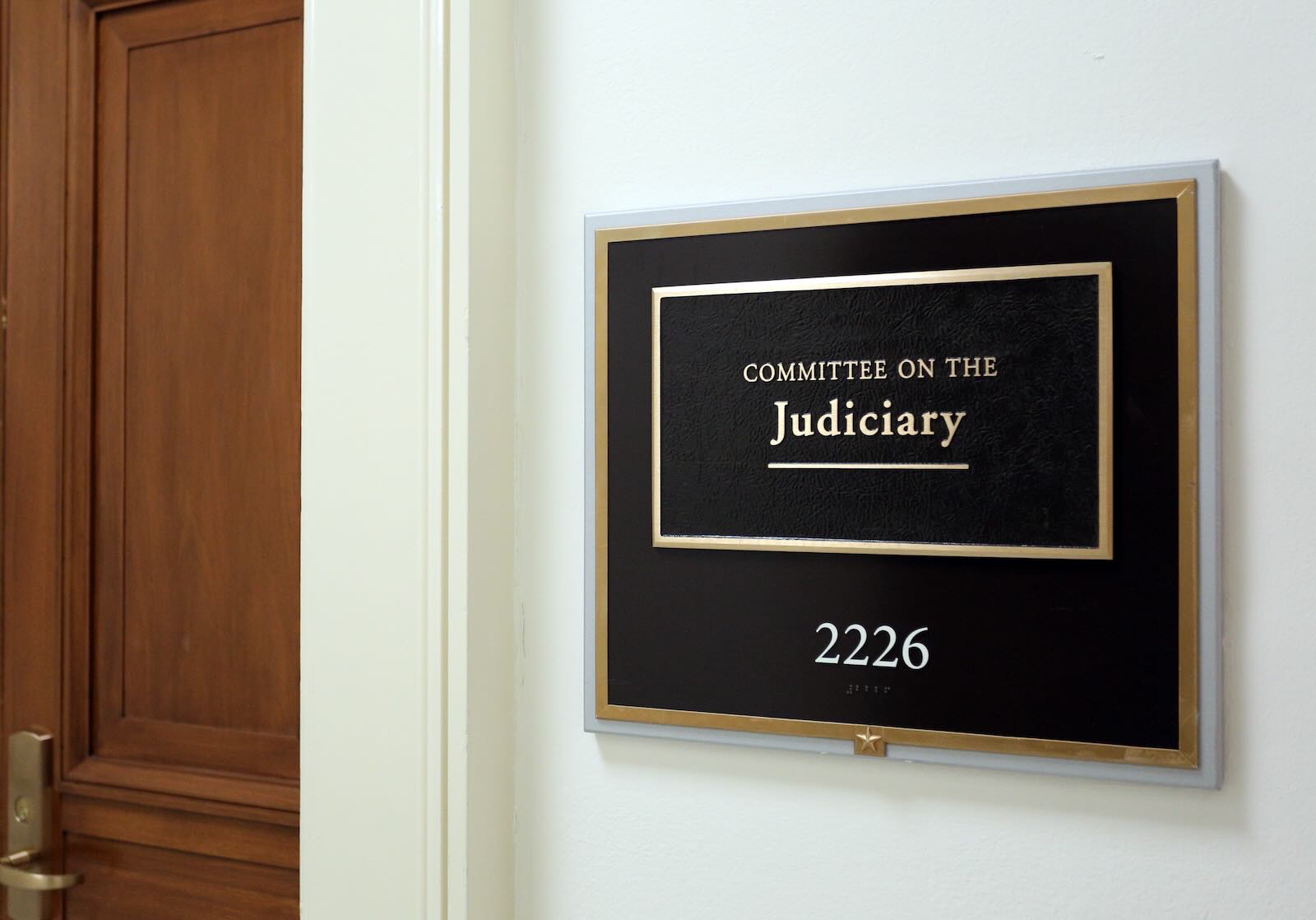Researchers at Harvard spent a decade developing a unified accounting system for impact that could guide investor and corporate decision-making. The leader of that “impact weighted accounts” initiative, George Serafeim, is now turning the framework into an off-the-shelf software product to quantify social and environmental impacts and externalities of thousands of companies.
Richmond Global Sciences, cofounded by Serafeim, Sakis Kotsantonis and Peter Kellner, raised $2 million this week from Metavallon VC and the Ford Foundation to launch its impact accounting platform. Called RGS RIFT, the AI-assisted product leverages a library of outcome-based data, social costs and scientific research to put financial values on the positive and negative impacts on society of thousands of companies.
Their target audience is family offices and private equity investors looking to quantify and compare the impacts of their portfolio companies, and identify potential investees.
“If you want to say, I’ve owned this company for five years, what is my return on impact? What is my impact-adjusted EBITDA?,” said Kotsantonis, referring to the accounting phrase for cash flow, “there’s no way to do it right now.”
“Impact weighted financial accounts is the infrastructure that we need for capital markets that are driven by sustainability considerations,” Kotsantonis told ImpactAlpha. Richmond Global Sciences (RGS), he says, “brings the data to enable this infrastructure.”
An earlier Serafeim startup, the ESG consultancy KKS Advisors cofounded with Kotsantonis, was acquired in 2021 by DuPont Sustainable Solutions.
Impact accounting infrastructure
Harvard’s impact weighted accounts effort was spun out in 2022 to the International Foundation for Valuing Impacts, an independent organization tasked with building and scaling the practice. The organization reports that standards are beginning to coalesce as investor interest grows.
There is a growing sense that the time for impact accounting has arrived. With technological advances such as machine learning and AI models, “formerly opaque costs associated with negative and positive externalities will soon be quantified in currency terms,” said the Ford Foundation’s Roy Swan.
“That information will be invaluable not only to investors refining their valuation models, but also to customers who want to buy from companies producing positive externalities and policymakers who can more precisely regulate, tax, or force internalization of costs currently dumped on taxpayers,” he added.
Private equity investors like Summa Equity and Astanor Ventures are using impact accounting to assess and compare the impacts of their portfolio companies. And corporations including sneaker maker Puma, Brazilian cosmetics company Natura, and Japanese conglomerate Yamaha are early adopters.
Ultimately, the monetary values of social and environmental impact should be standard on corporate balance sheets and income statements, says Kotsantonis. “But in the absence of full adoption, we come in and fill that gap.”
The cofounders liken the development of impact accounting to that of financial accounting standards a century or so ago. As Serafim told ImpactAlpha in a 2019 interview, “Once you develop structure, you start to change norms, values, beliefs and incentives.”
RGS plans to leverage the data to develop other products that can help impact investors identify high-potential companies within an inevstment theme, and to calculate climate impacts for fixed income.











